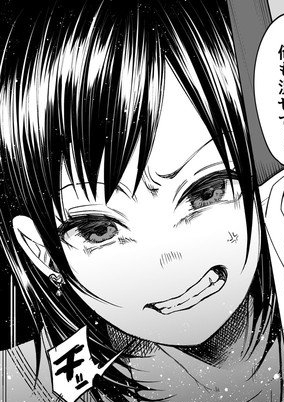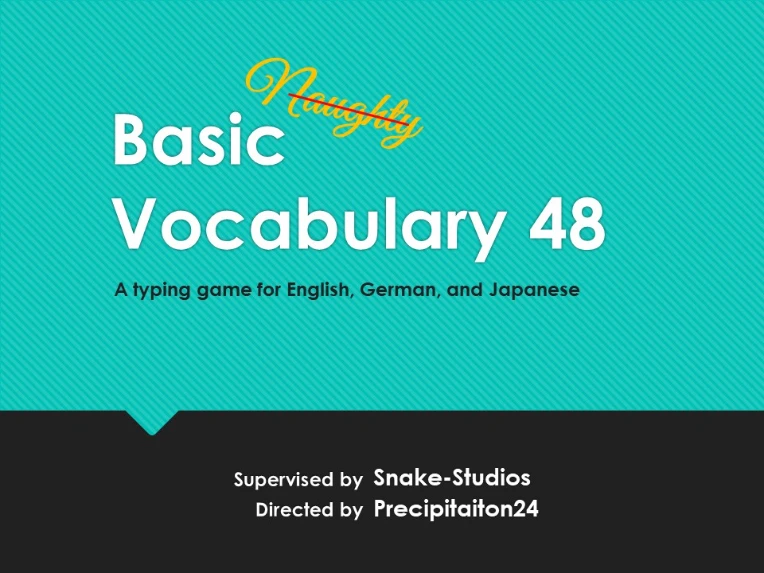I love English and was once good enough to become an English teacher at a Japanese junior high school. However, that was in the past and since then my knowledge of English has been declining rapidly. So, as part of my language learning, I decided to submit some simple questions and comments about English language that are not easy for me (and that I should ask on HiNative or Quora) to Newgrounds. I am not an expert in English and may be making elementary mistakes, but thank you for your patience.
You were cried by your friend???? | English Is Not So Easy 6
While it is true that if you want to know how a foreigner thinks, it is better to investigate directly how people from that country think, you can sometimes also get a glimpse of their characteristics by learning their language.
For example, in Japanese there is a sentence like this:
"昨日友達と話してたら突然泣かれちゃって。"
The literal translation of this is:
"Yesterday I was talking with a friend and all of a sudden I was cried by her."
Yes, "I was cried by her" is a meaningless expression when translated directly, and the correct translation is "she cried", but Japanese people often use this kind of expression. This indicates that the friend suddenly started crying and the speaker was very confused, "What?! I didn't tell you anything hurtful!" This phenomenon can be interpreted as a reflection of the "paranoid" nature of the Japanese, or, more linguistically, as a characteristic of Japanese language, which frequently uses "particles" that play a role similar to that of English prepositions, making it easier to create passive verbs using "by" than English.
30 Untranslatable Words From Other Languages Illustrated By Anjana Iyer.
As the anonymous on Reddit pointed out, the German word "Schadenfreude" (malicious enjoyment derived from observing someone else's misfortune; from Wikipedia "Schadenfreude") was not in Japan, but recently a word "メシウマ" was invented. This is a slang and an abbreviation of "メシ (dinner) + ウマ (い) (delicious.)" which means "dinner is delicious while listening to someone's unhappy stories."
Did you catch a glimpse of the Japanese national character? As a Japanese, I love Japan and do not hate it, but this phenomenon is similar to our feelings toward our lovers: when we live with them, we see what we do not like, and when we look at them from a distance, we find only good points. So, finally, I would like to introduce my favorite English expressions.
Sticks and stones.
A magic spell for when you have to meet someone you are afraid of.
It's not rocket science.
A magic spell for when you are faced with a difficult problem.
serendipity
If you want to come up with good ideas, you need to think about the problem, study it, and live with it.
psychological safety
How a healthy workshop should be.
The cat is out of the bag.
Really? Where is she? <3





